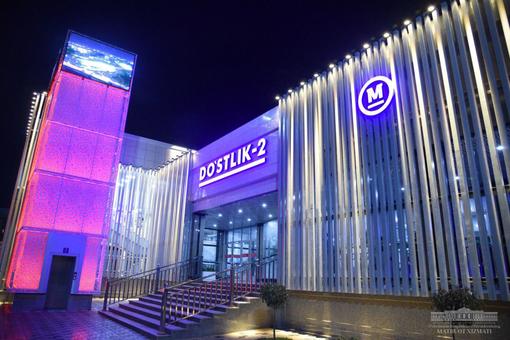The Asian Development Bank (ADB) and ACWA Power Company (ACWA Power) signed a $51 million loan package to build the Nukus 2 Wind and Battery Energy Storage facility in Uzbekistan’s Qoraozak district in the Republic of Karakalpakstan. The project will be implemented by ACWA Power Beruniy Wind FE LLC, which is fully owned by ACWA Power. This project is Central Asia’s first wind power facility with a utility-scale battery energy storage system.
The financing package includes $25.4 million from ADB’s ordinary capital resources and $25.4 million from the Leading Asia’s Private Infrastructure Fund 2, administered by ADB. The Asian Infrastructure Investment Bank (AIIB), Dutch Entrepreneurial Development Bank (FMO), Standard Chartered Bank, and Saudi EXIM are parallel lenders.
The project involves the construction and operation of a 200-megawatt wind power plant and a 100-megawatt-hour (MWh) battery energy storage system, along with associated transmission infrastructure. It is expected to deliver 727,980 MWh of clean electricity annually, reduce 406,170 tons of COвВВ equivalent emissions per year and create over 200 jobs during construction and operation.
“This project marks a significant step in Uzbekistan’s transition to a low-carbon energy future,” said ADB Country Director for Uzbekistan Kanokpan Lao-Araya. “By combining wind energy with a battery energy storage system, the project will enhance grid stability, improve energy reliability, and support the country’s goal of achieving 54% renewable energy in its electricity mix by 2030.”
As part of its support for Uzbekistan’s energy sector, ADB has provided a $7.5 million credit guarantee backed by the Government of Uzbekistan. The guarantee was included in the bidding process to lower financial risk and increase competition, resulting in a low tariff for the Nukus 2 project.
The project builds on ADB’s ongoing support for Uzbekistan’s energy sector reforms and is aligned with Uzbekistan’s Strategy 2030, which targets the addition of 25 gigawatts of renewable energy capacity and a 35% reduction in greenhouse gas emissions per unit of GDP by 2030. It also supports ADB’s corporate priorities in climate resilience, gender equality, and private sector development.















